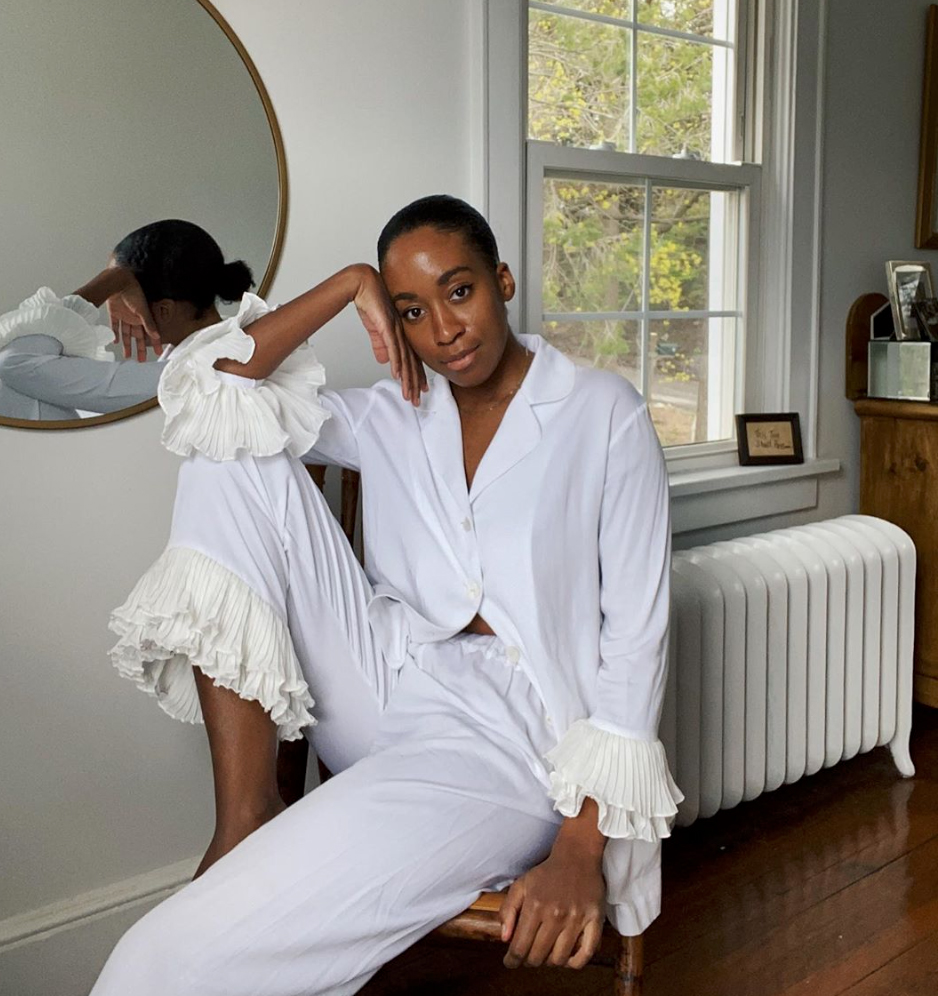
Black Women’s Powerful Quotes: 10 Things I Learned From Listening This Week
June 5, 2020
Protests erupted last week across the country after the shocking video of George Floyd’s death at the hands of the Minneapolis police surfaced. Unfortunately, his death is not an isolated incident. Ahmaud Arbery, Breonna Taylor, Tony McDade, Sandra Bland, Trayvon Martin, and so many others have become synonymous with the pain felt by Black Americans in this country for centuries. But something about the recent string of events feels different.
The words “Racism is not getting worse, it’s getting filmed” come to mind. The power of your voice, especially through social media, has allowed activists, influencers, and individuals to call for real change. The sharing of resources, whether through informational videos, articles, and reading materials, engages the community as a whole, to do better.
Below, we listened and learned from what ten Black women creatives, activists, and authors had to say. Each of the posts, videos and words shared spoke truth to the ways in which many Black people navigate the world.
Recognizing the tools we each have to make a difference is a start; continuing the work and fight for justice is the next.
1. Chrissy Rutherford, @chrissyford. “It’s hard for me to imagine people being afraid to speak out on what is right.” (Pictured Above)
In a now-viral IGTV post, Harpers Bazaar U.S. contributor Chrissy Rutherford spoke about her challenges as a black woman growing up in a primarily white educational system, as well as her experiences in the fashion industry.
“If you are not black, and you are not sharing what’s going on and talking about it, you’re sending a message that you agree with what is going on. It’s important to make your point of view known.”
2. Stephanie Yeboah, @stephanieyeboah. “The work has only just begun.”
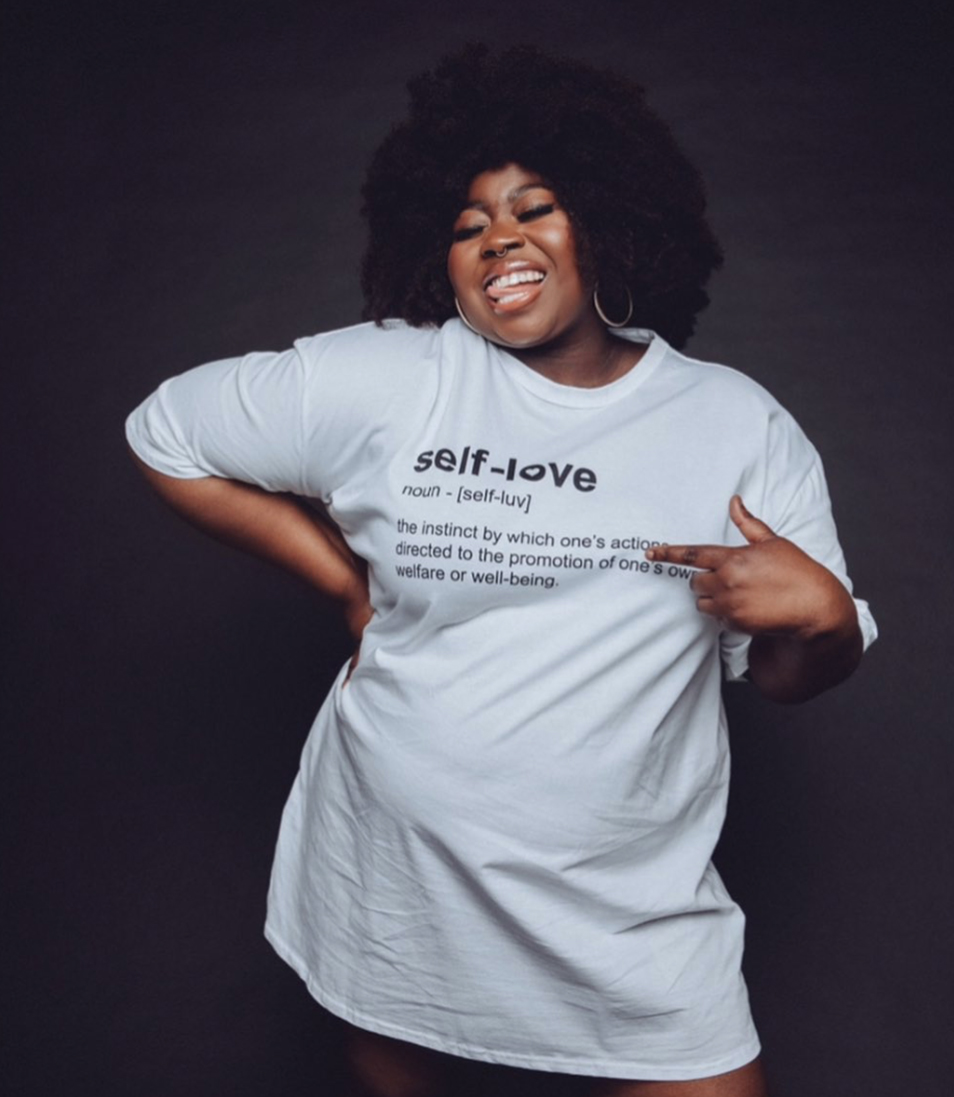
A series of posts from model and body image advocate Stephanie Yeboah describe in detail how brands, allies, and large corporations must continue to show support, even when things are no longer trending. One particular post urges brands to consider their audiences, who are largely black, and specifically hire more black models, content creators, PR, and marketing editors. The push for real change begins with having a seat at the table, allowing for others to follow suit.
“You’ve shared your illustrations. You’ve shared resources and content. You’ve been to the rallies. Now begins a lifetime of actively advocating for black voices and black visibility in all aspects of your life.”
3. Danielle Prescod, @danielleprescod. “Will you be doing this next year?”
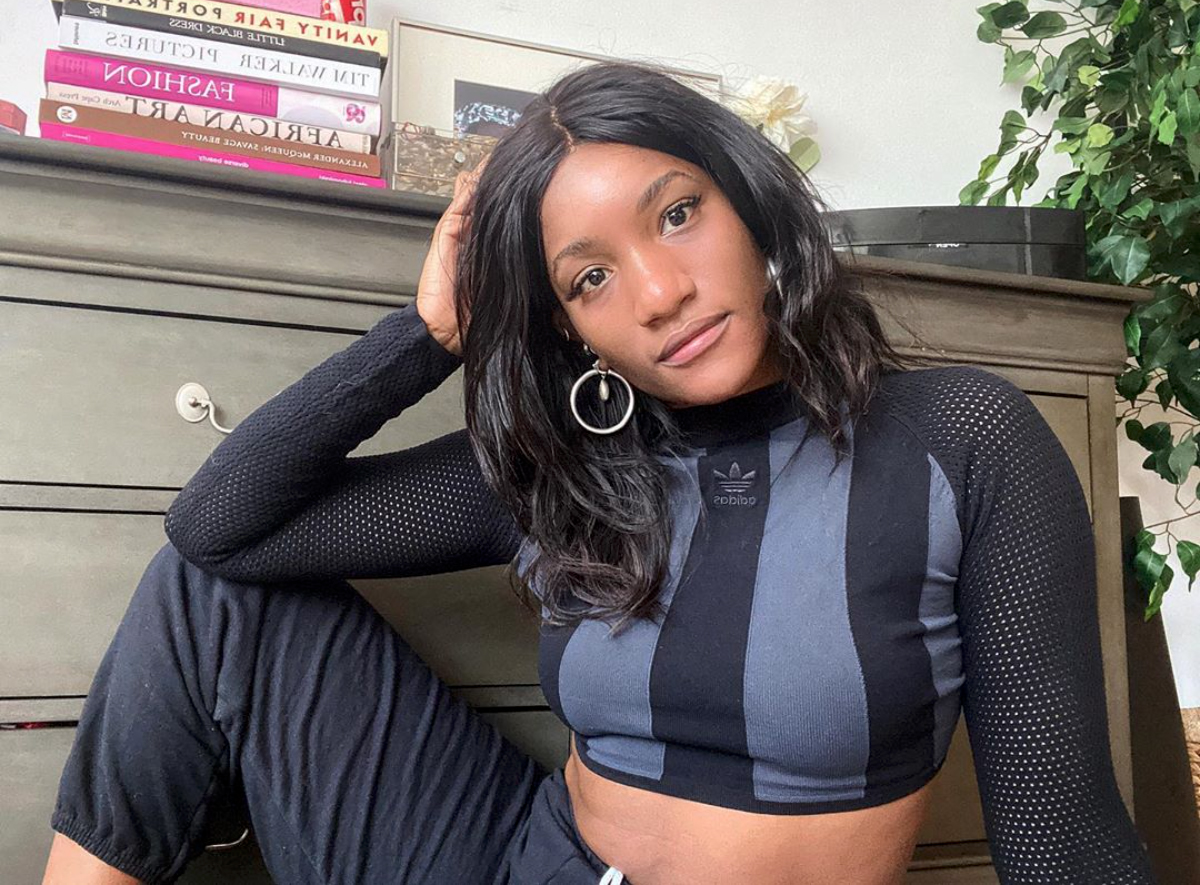
BET Style Director Danielle Prescod is no stranger to the perils of working as a black woman in the fashion industry. Her IGTV post speaks volumes to the experience felt. For non-black allies, Prescod stresses how tired black people are of continually having to educate and defend. How each of us continues to inform ourselves, and others, is incredibly important as the country begins to move forward.
“Use your voice when it might cost you a check. That’s when we need you to be an ally. You have had so many opportunities to say stuff. I want to know, what you are going to do for the next few months? Don’t ask me now if I am okay.”
4. Micaéla Verrelien, @micaelaverrelien. “How can you truly help black people if you are not black, moving forward?”
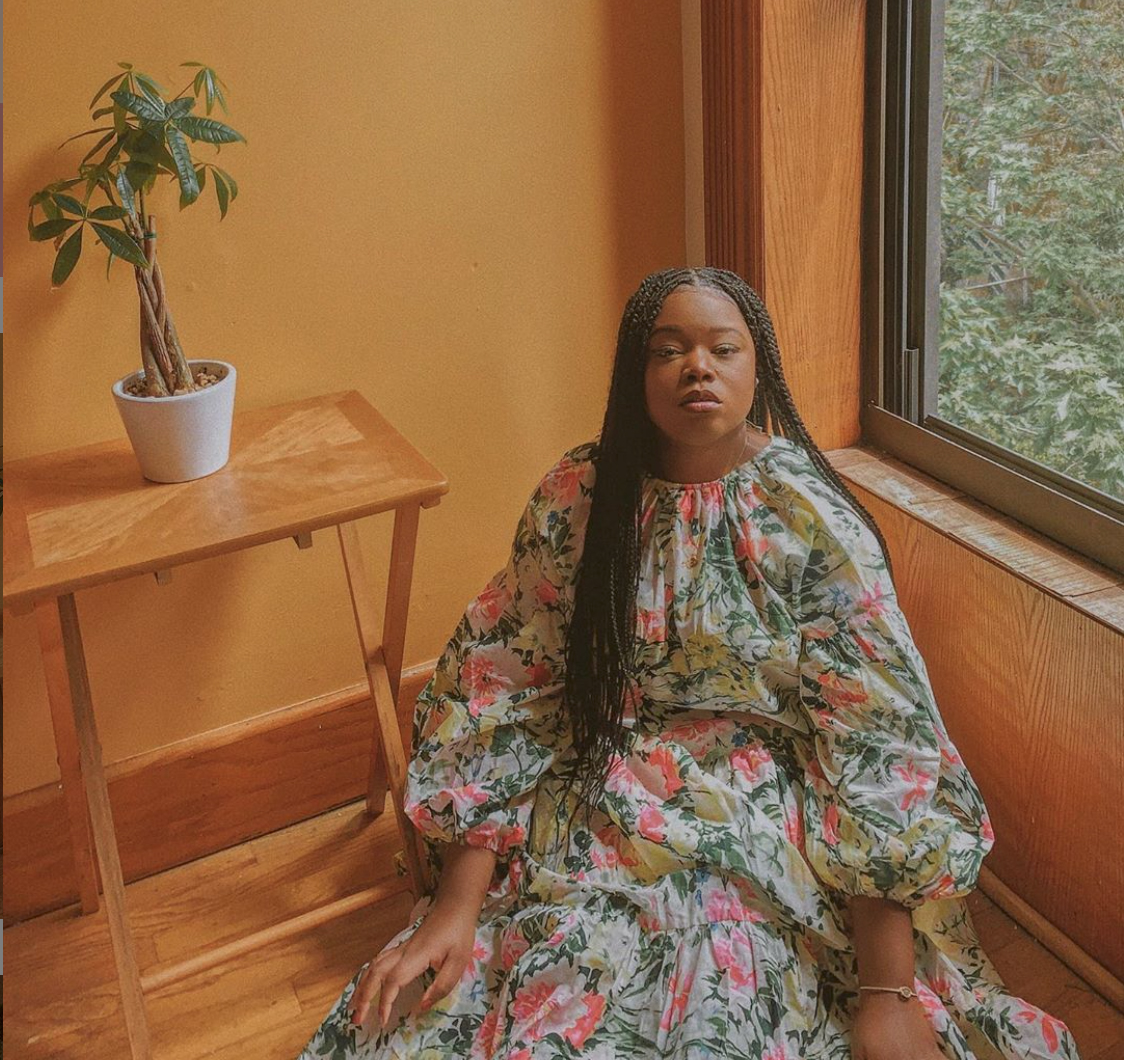
In a series of resourceful posts and an IGTV video, Micaéla Verrelien spoke about her feelings in a raw and powerful way, acknowledging the stress and anxiety she, and many others, have been feeling recently. As an influencer and model, Verrelien shines a spotlight on the need for brands and individuals to honor, shop and promote black-owned businesses, and to continue doing so moving forward.
“We NEED more black people in leadership positions, periodt. Add a seat to the table or simply add another table. It’s not only necessary but it’s a must! How can we reach for success if we can’t see success?”
5. Aysha Sow, @aysha.sow. “I feel so angry, defeated, helpless, and hurt. Our pain is not your next best marketing ploy.”
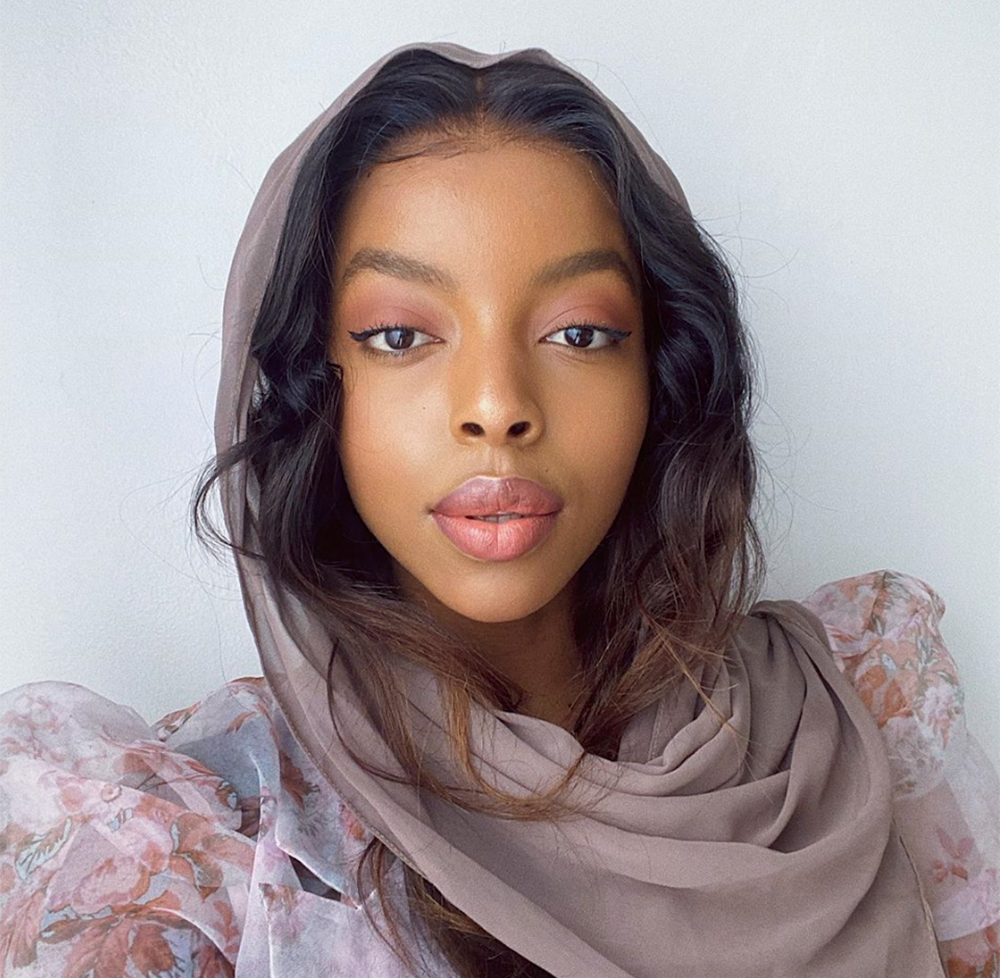
Influencer and content creator Aysha Sow is no stranger to working with large brands and influencer agencies. However, as brands began to show alignment with protestors, Sow questioned the validity behind their intentions. In a IGTV video, Sow calls on real structural change as necessary, and what needs to be addressed, before brands and corporations can show genuine solidarity and support.
“It’s time we start holding agencies, brands, fashion industry, music industry, influencer agencies, accountable. I just find it very tone deaf, with these beautifully written messages, when it doesn’t reflect your company structure.”
6. Monica Awe-Etuk, @awedbymoni. “It’s time for us all to get a little uncomfortable!”
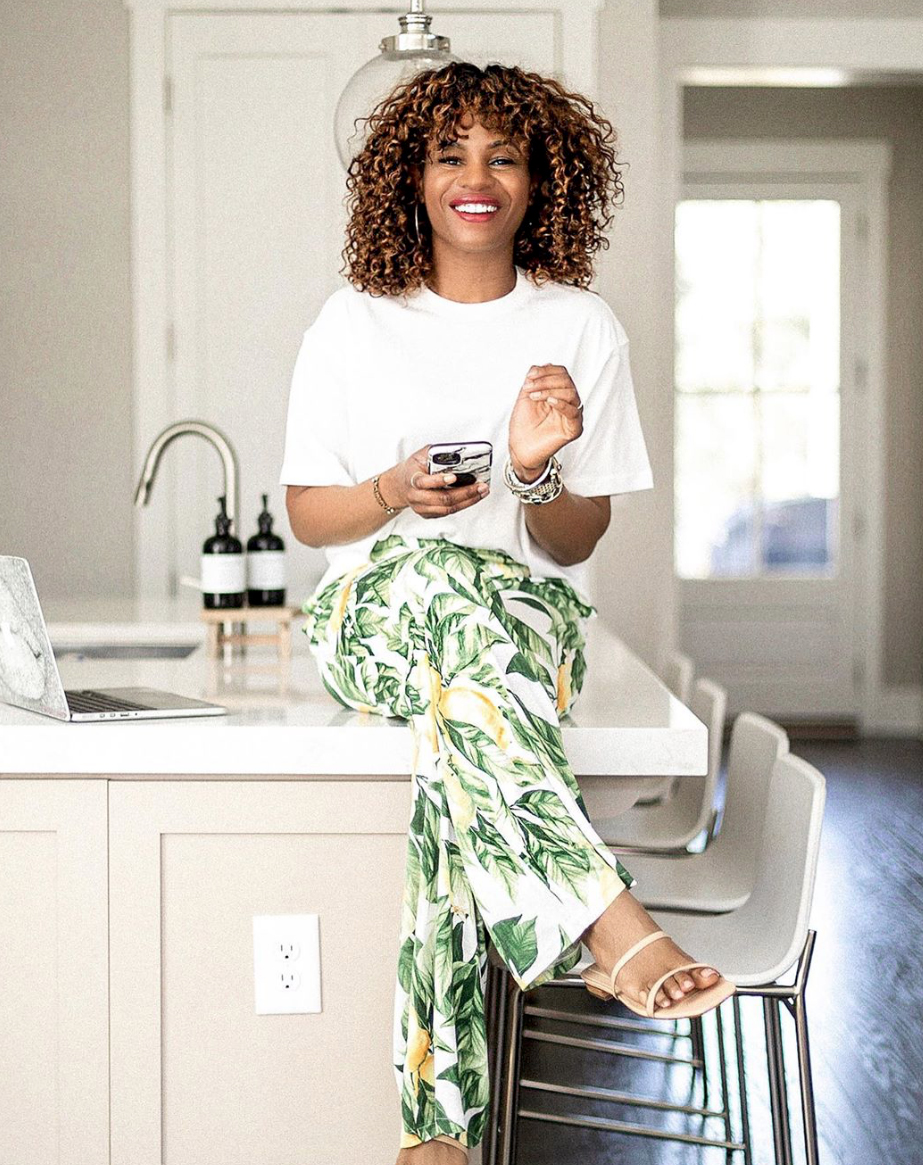 In the U.S., talking about race is uncomfortable. Monica Awe-Etuk, a fashion, home, and lifestyle content creator, acknowledges this. But in this post, Awe-Etuk shares how we as a collective society can no longer choose to ignore injustice. Ignorance is no longer an option or an excuse.
In the U.S., talking about race is uncomfortable. Monica Awe-Etuk, a fashion, home, and lifestyle content creator, acknowledges this. But in this post, Awe-Etuk shares how we as a collective society can no longer choose to ignore injustice. Ignorance is no longer an option or an excuse.
“Like everyone else, black people are mothers, fathers, sisters, brothers, friends, employees, employers, The only difference is that we live our lives in fear that someday maybe our brother, sister or son may become a victim of police brutality, and work discrimination.”
7. Paola Mathé, @findingpaola. “When you grow up, continue to challenge your workplace and your community.”
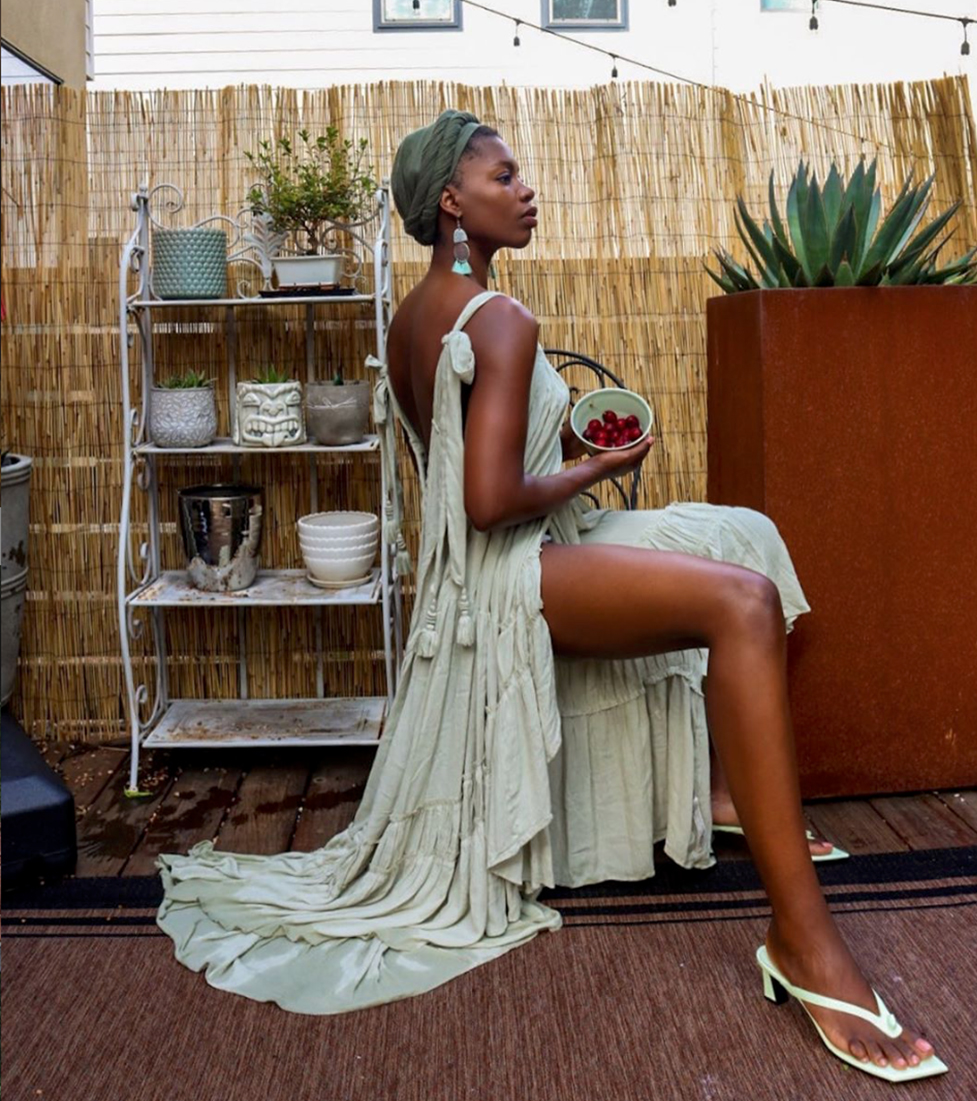
Founder and director of Fanmdjanm, a headwrap company, Paola Mathé has cultivated a space where many black women feel safe. However, she recognizes her own privilege and advises others to do the same. In this post, Mathé shares a message from a younger white teenager, to which she poignantly advocates for the use of educational tools beyond the classroom, such as The New Jim Crow by Michelle Alexander, as reading material and methods needed in the schooling system.
“I am a (thin, educated, non-disabled, straight, cis) black woman. Despite everything I have endured and obstacles I had to go through based on my race alone, I understand and I know that I am privileged in many ways.”
8. Ebonee Davis, @eboneedavis. “Recognize that there is no separation between you, and the person you’re sitting next to.”
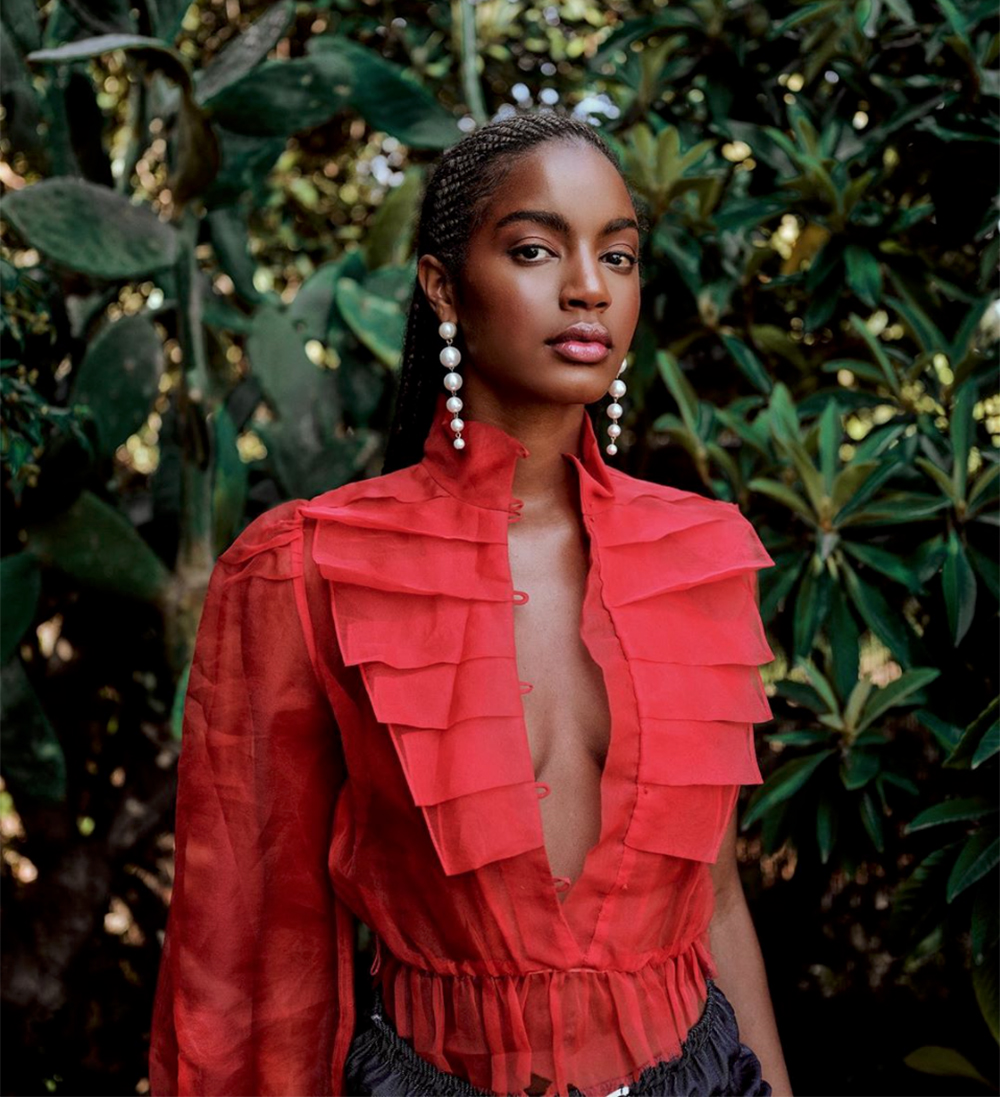
Model, activist, and artist Ebonee Davis is well-known for her vocal advocation for black lives in all spaces and industries. In light of recent events, Davis spoke to new followers on her platform in this video, where she addresses the work that is continued, and needed, to be done by each of us. In a previous post, a subway video from 2016 speaks light to a movement that has fought for years to be recognized. Despite recent trends, brands and individuals showing solidarity, the fight for black lives continues and will last long after the media begins to move on.
“I was taught about an America that was equal. I feel hated for my black skin and my womanhood. I feel hated for so many reasons. Look at your neighbor. They are not from the same place as you. They might not look like you, but they are just like you. Why are we making each other feel unsafe, and hated, in this country, where I thought I was free?”
9. Rachel Elizabeth Cargle, @rachel.cargle. “White feelings should never be held in higher regard than black lives.”
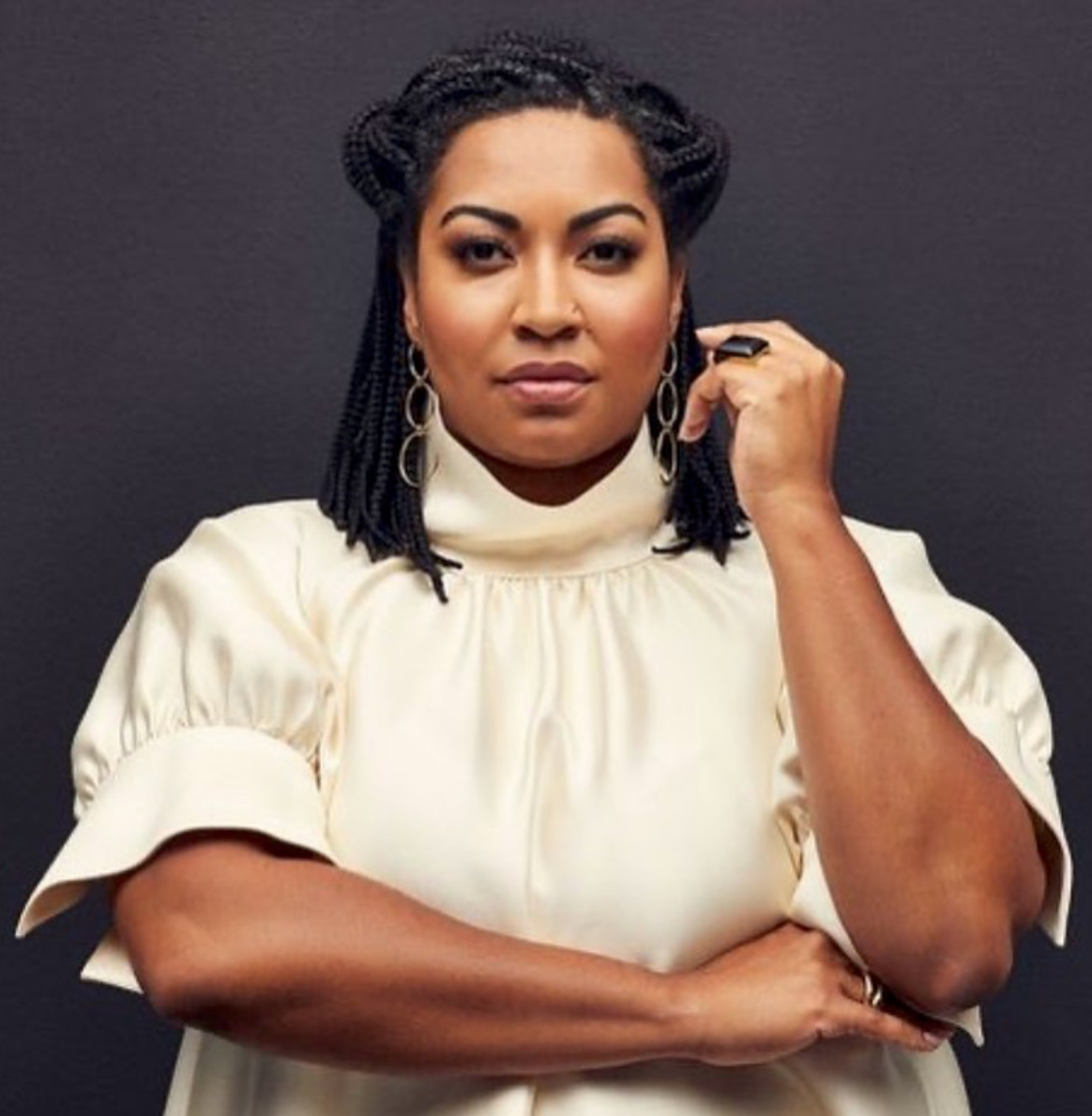
Reading through the several posts, videos, platforms, and resources provided by Rachel Elizabeth Cargle, is astounding. Her tireless work for equality and justice in this country continues the fight, day in and day out: organizing, defending, educating and providing resources to thousands is no easy feat. Yet, Cargle takes it all on, proving in a series of posts on her platform of ways to contribute to the fight. Each role might look different, but support, and continued progress, is the goal for all.
“There are many roles in the work. The organizers, the educators, the mobilizers, the protestors, the resource distributors, the medical, the lawyers, the activists. People who have dedicated their lives and their learning to showing up in this fight. Find the leadership you need to get active.”
Ijeoma Oluo, @ijeomaoluo. “Do not fear the opportunity to do better.”
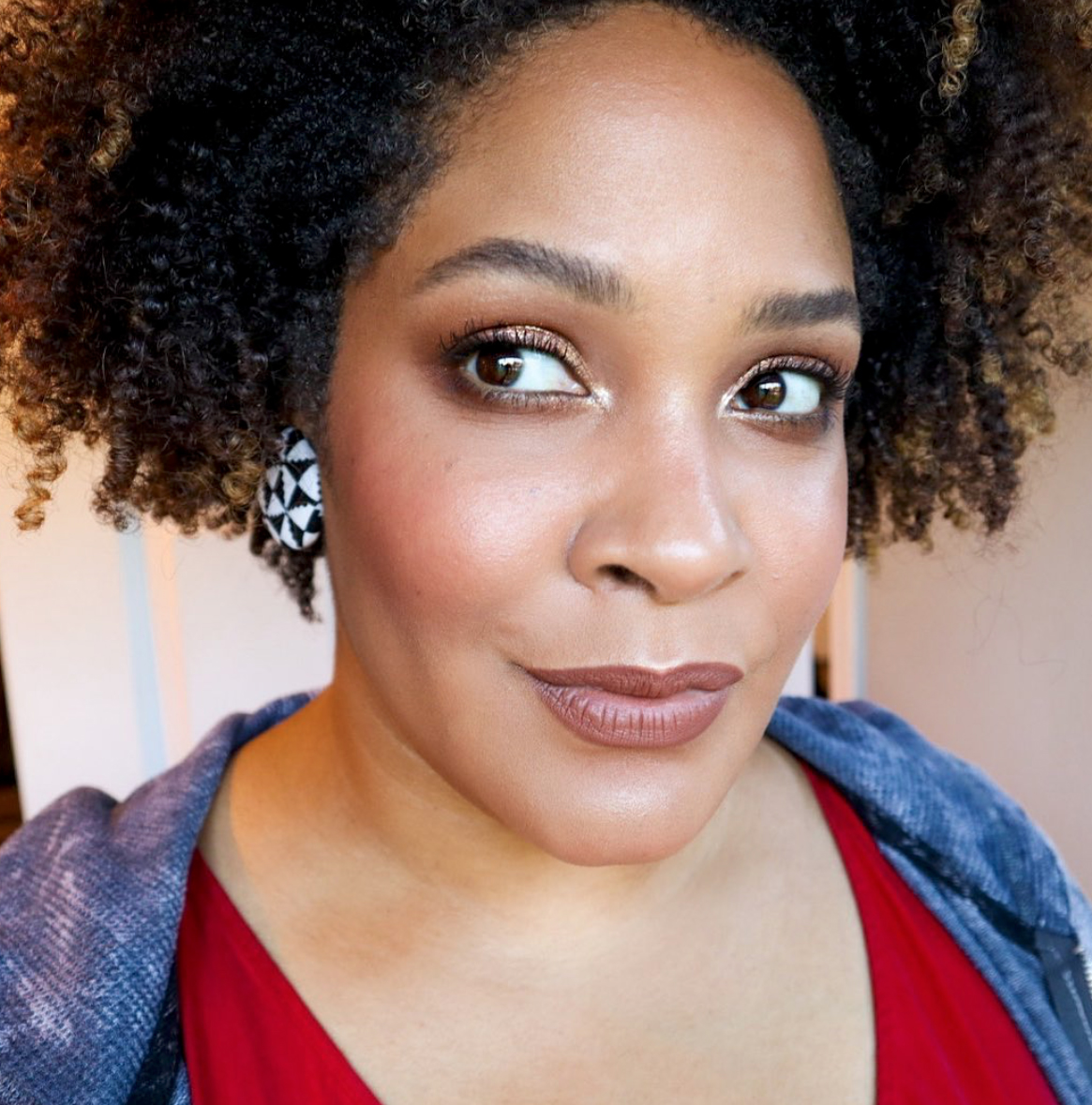
Ijeoma Oluo is the author of So You Want To Talk About Race, a thorough break down of systematic racism in this country. As a highly recommended reading source for those who are looking to educate and inform themselves, Oluo recently opens up on IGTV about violence, addressing the anxiety that surrounds Black lives constantly. In the video, Olou explains to her 12-year-old son how the U.S. has always valued materialistic possession and wealth over black and indigenous lives. In light of recent looting and protests, Oluo implores others to understand that the only way black voices are listened to is when inconvenience is created, thus forcing others to listen.
“Our pain, our outcry, our heartache, our fear has never been enough. Never has white supremacy sat with itself and said ‘we went too far’ on its own. When we talk about violence, the only way we are listened to is when we come for objects. The violence to me is that it is the only time when we matter. We only discuss these issues when there is a body in the streets.”